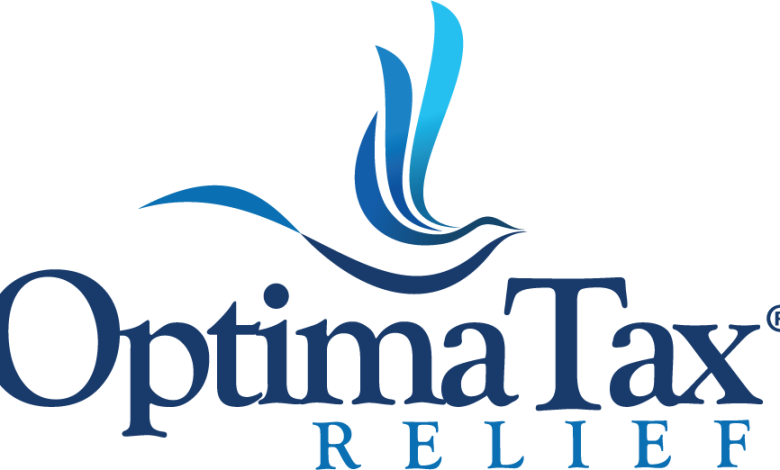Optima Tax Relief Explains Tax Practices of U.S. Oil Companies

Global charity organization Oxfam recently filed shareholder resolutions against a few U.S. oil companies, including Exxon Mobil, Chevron and ConocoPhillips. Optima Tax Relief reviews why the recommendations were made and what it means.
Oxfam is claiming that the U.S. oil giants’ tax practices are secretive and do not provide transparency. The result, in their opinion, is an unfair tax system, especially in southern countries around the world. Because of this perception, as well as record-breaking oil profits, there has been growing talks of a windfall tax. In other words, President Biden has threatened to raise taxes on oil company profits if they do not lower gas prices for Americans.
ConocoPhillips has commented that it follows all relevant disclosure laws but will take Oxfam’s concerns into consideration at their next meeting in May 2023. Chevron responded by assuring the public that they also follow all tax laws in each country they operate in. Exxon Mobil did not publicly respond. Most oil and gas companies have made claims that their tax contributions in oil producing countries help them, especially the poorer countries. However, the oil companies have not openly shared their financials to prove this.
Oxfam is calling on oil companies to release their reports that detail their tax practices according to the Global Reporting Initiative. International oil companies like Shell, BP and Total all publish GRI standard tax reports and Oxfam believes that U.S. oil companies should do the same. Doing so would allow shareholders to grasp a full understanding of all risks. Research has shown that public reporting for each country can help reduce tax revenue losses by nearly $90 billion.





